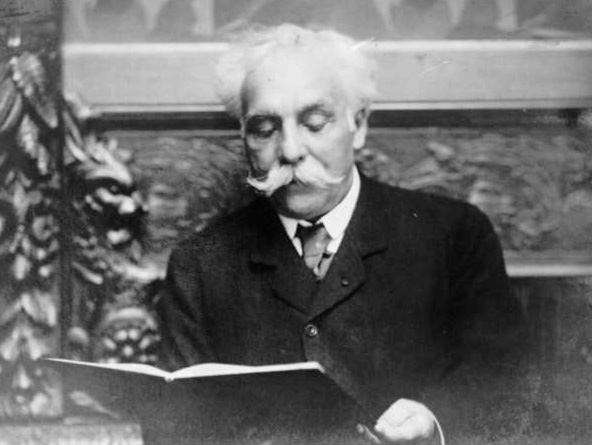
Top 10 Fauré Songs
Gabriel Fauré (1845-1924) was a pivotal figure in French music, bridging the Romantic and Modern eras with his innovative compositions. Renowned for his melodic inventiveness,[…]
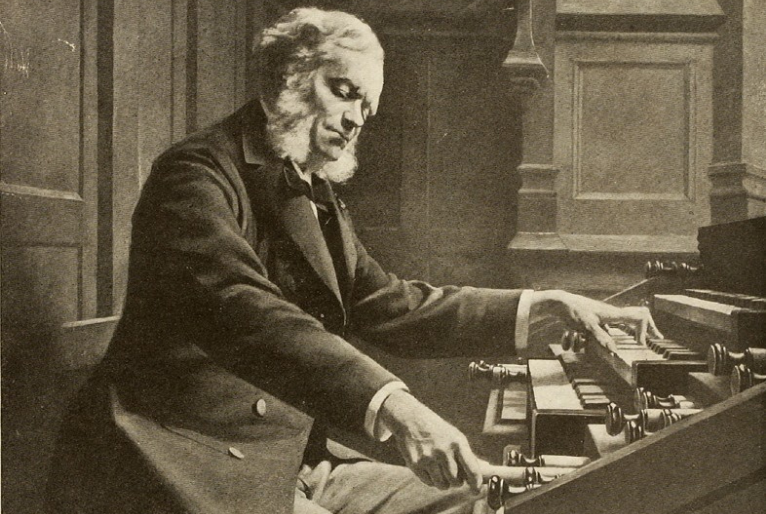
Top 10 Franck Songs
César Franck, a Belgian-born composer and organist, is celebrated for his profound contributions to the Romantic era of classical music. His compositions, known for their[…]
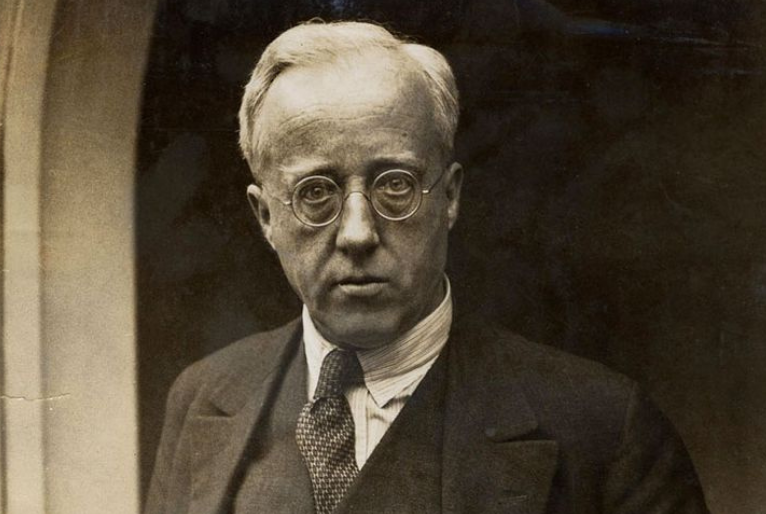
Top 10 Holst Songs
Gustav Theodore Holst, an English composer, arranger, and teacher, is best known for his orchestral suite “The Planets.” Holst’s music is celebrated for its innovative[…]
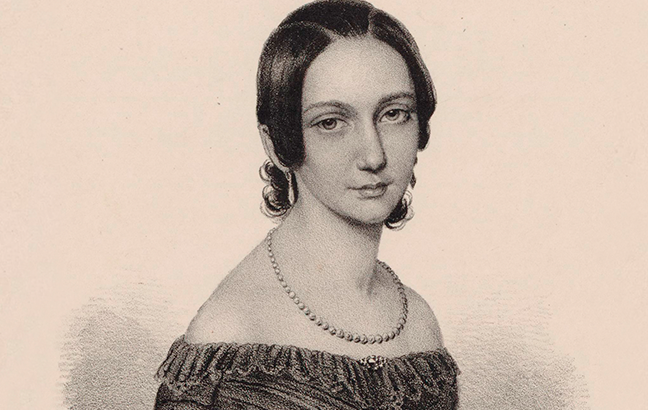
Top 10 Clara Schumann Songs
Clara Schumann, born Clara Wieck, was a prominent 19th-century pianist and composer, renowned not only for her virtuosic performances but also for her significant contributions[…]
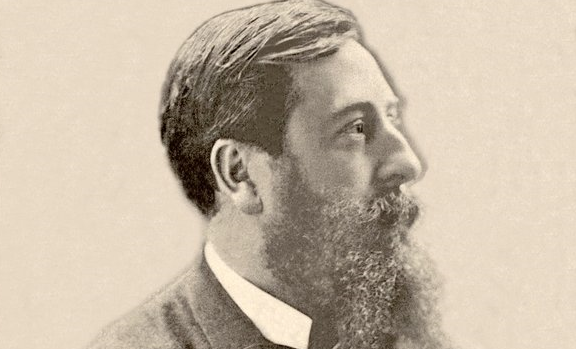
Top 10 Delibes Songs
Léo Delibes, a French composer of the Romantic era, is celebrated for his contributions to ballet and opera. His music is known for its melodic[…]
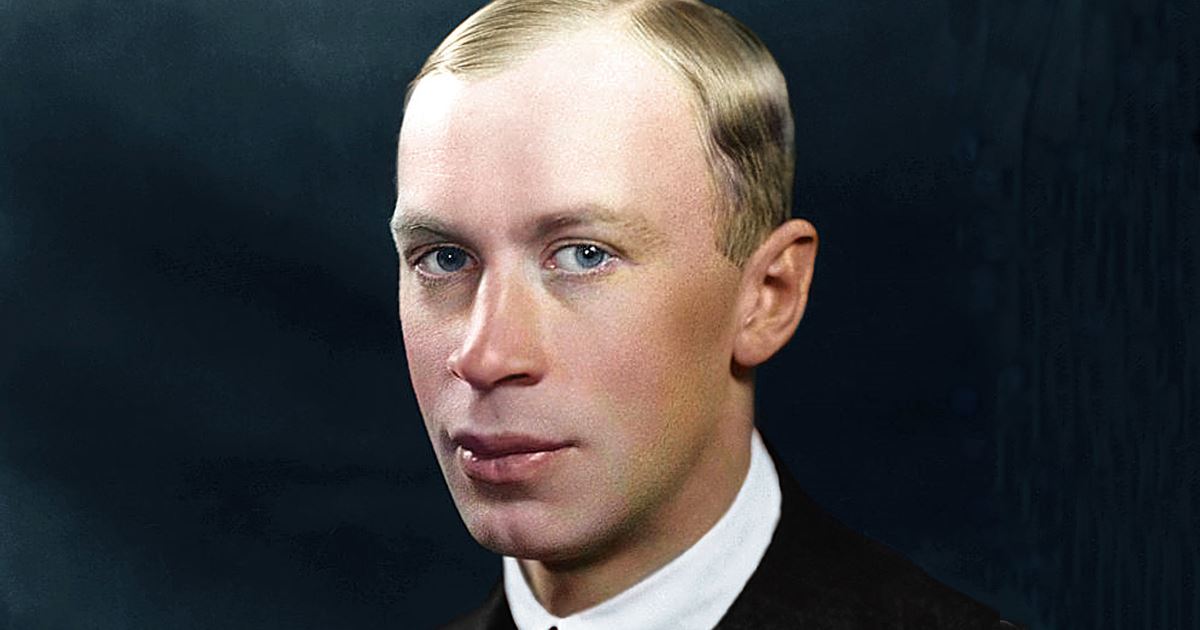
Top 10 Prokofiev Songs
Sergei Prokofiev, a towering figure in 20th-century classical music, is known for his innovative compositions that blend traditional Russian musical elements with modernist techniques. His[…]
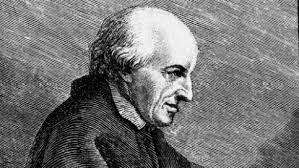
Top 10 Fasch Songs
Johann Friedrich Fasch (1688–1758) was a prominent German Baroque composer and contemporary of Johann Sebastian Bach. Though not as widely recognized today, Fasch’s music was[…]
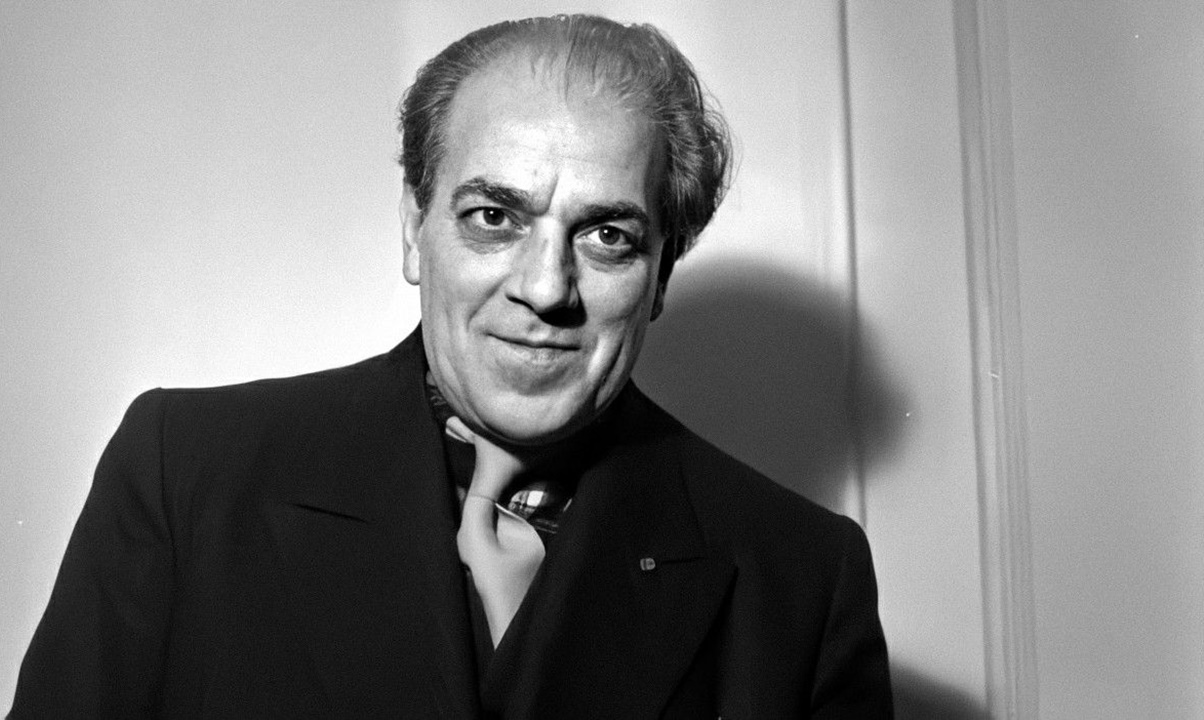
Top 10 Villa-Lobos Songs
Heitor Villa-Lobos, a towering figure in 20th-century classical music, is celebrated for his ability to weave the vibrant musical traditions of Brazil into the fabric[…]
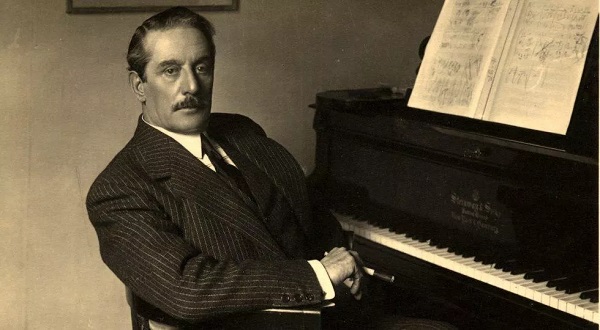
Top 10 Puccini Songs
Giacomo Puccini, an Italian composer from the late Romantic period, is celebrated for his masterful operas that have become staples in the repertoire of opera[…]
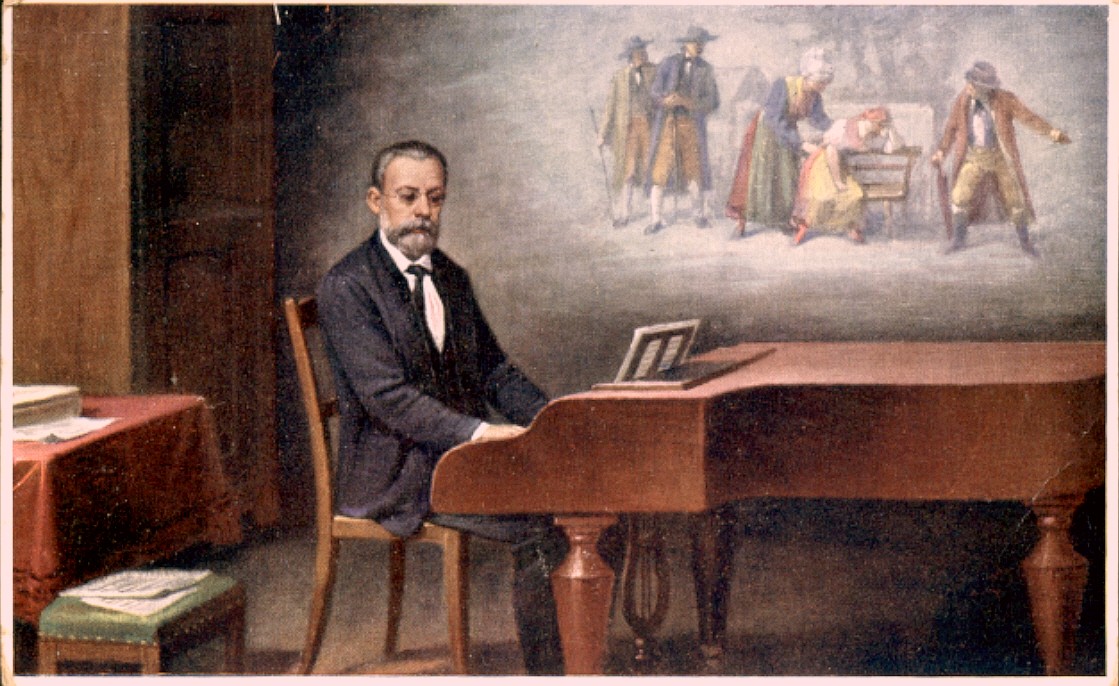
Top 10 Smetana Songs
Bedřich Smetana, a pivotal figure in Czech music, is celebrated for his contributions to the development of a national musical style. His works, often infused[…]